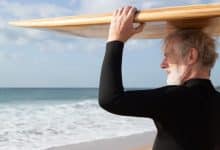Unlock the science of beach volleyball for elders
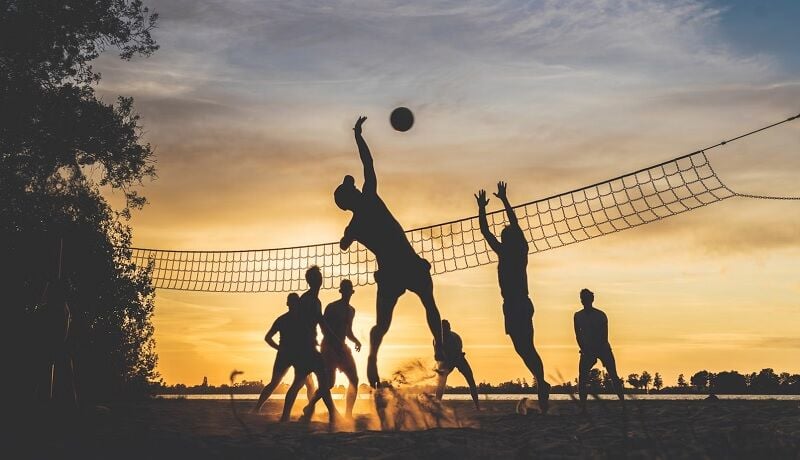
Adapting sports for elders is not just about keeping them physically active; it’s about creating a sense of community and fun in their golden years. Beach volleyball, a sport known for its sun-soaked fun and teamwork, might not be the first activity that comes to mind for elder citizens. However, with a few creative adjustments, it can become an inclusive, enjoyable, and beneficial pastime for retirees. Whether you’re in a retirement home or leading an active lifestyle post-retirement, there’s a way to keep the volleyball spirit alive.
For elders, especially those with mobility or sensory limitations, traditional beach volleyball poses certain challenges. But imagine a game modified to suit your needs and capabilities, where being seated or using mobility aids isn’t a barrier to participation. This version of beach volleyball, known as chair volleyball, is gaining popularity in elder communities for its accessibility and health benefits. It’s a testament to the fact that age or physical limitations can’t dampen the competitive spirit.
The transformation of beach volleyball into an elder-friendly sport highlights the importance of adaptability and inclusivity in recreational activities. It’s not just about the physical exercise; it’s about the laughter, the teamwork, and the joy of engaging in a sport you love in a new way. Whether you’re a former athlete or someone looking to try something new, beach volleyball for elders offers a unique opportunity to stay active, socialise, and enjoy the benefits of this dynamic sport well into retirement.
Getting started with beach volleyball as an elder
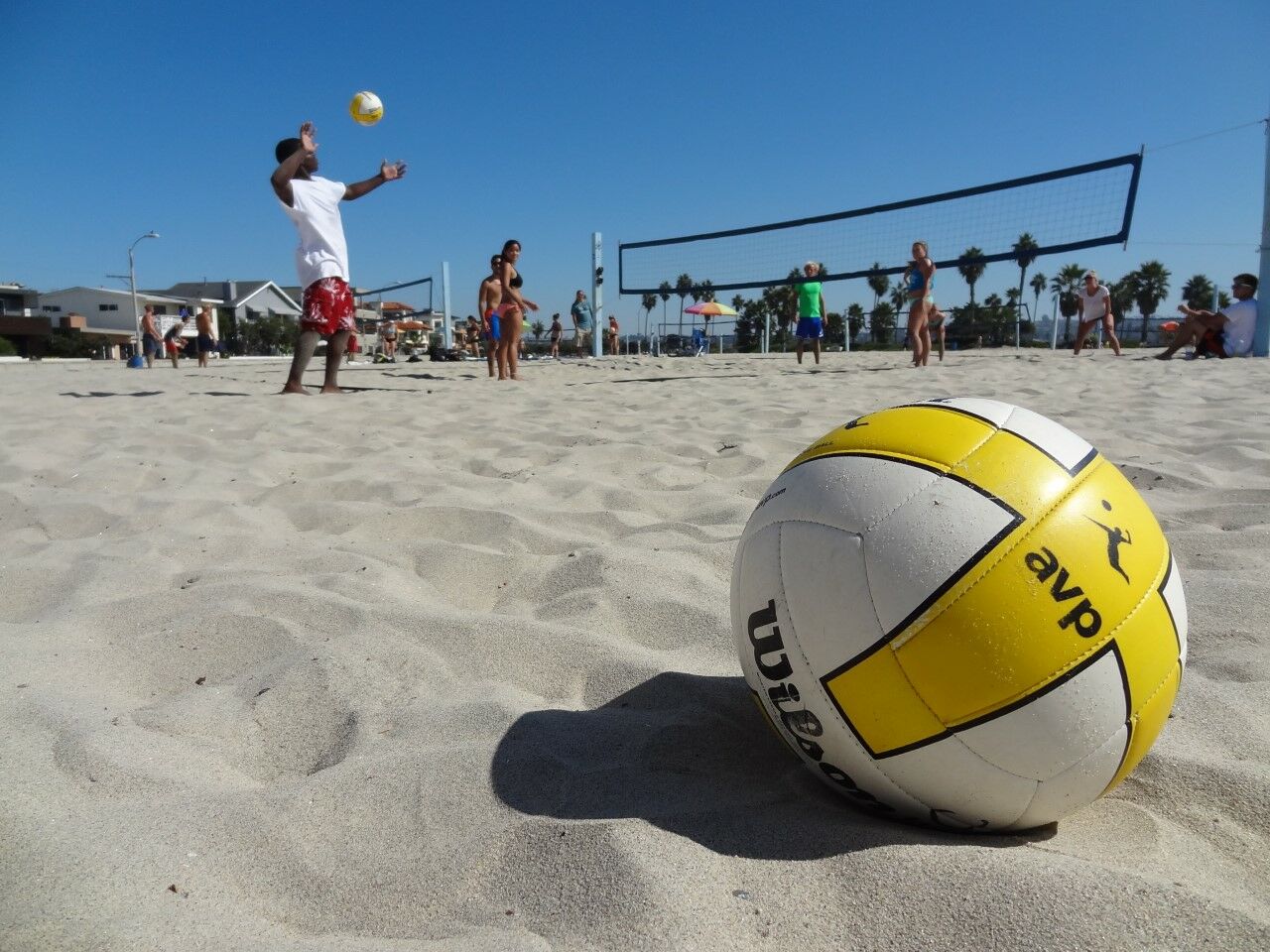
Finding the right equipment
Before you dive into the world of beach volleyball post-retirement, it’s crucial to gear up properly. Quality equipment enhances your experience and safety. Start with a lightweight, water-resistant volleyball designed for beach play. It’s softer and larger than indoor balls, making it easier on your arms. Next, invest in comfortable, supportive footwear. Sand-specific socks or barefoot trainers can protect your feet from hot sand and sharp objects. Don’t forget sunglasses and a hat to shield your eyes and face from the sun. Comfortable athletic wear that withstands heat and movement completes your basic kit. Remember, the right gear not only boosts your performance but also protects you from injuries.
Locating beach volleyball courts
Now that you’re equipped, finding a place to play is next. Look for beach volleyball courts near you. Many beaches have public courts available on a first-come, first-served basis. Consider community parks and recreation centres too; they often have sand courts. Technology is your friend here. Use online maps to search for locations or apps dedicated to sports facilities. Local community boards or groups on social media are also fantastic resources. They can provide insights into less-known spots. When choosing a location, consider the level of play and the type of community you’re looking for. Some beaches have a more competitive scene, while others are laid-back, focusing on fun and socialising.
Joining elder beach volleyball leagues
Engaging in beach volleyball doesn’t just mean casual play. Joining an elder beach volleyball league can be an excellent way to maintain regular activity, meet people, and fuel your competitive spirit. Many leagues cater specifically to elders, focusing on enjoyment, health, and safety. Check with local sports clubs, community centres, and beach volleyball organisations. They often organise elder leagues or can point you in the right direction. Online platforms and social media groups dedicated to beach volleyball are also helpful. Participation in these leagues comes with a bonus: structured schedules, coaching tips, and a sense of community. You’re not just playing; you’re part of a team. Through these channels, you’ll find leagues that match your skill level and preferred intensity, ensuring you get the most out of this golden opportunity in retirement.
Staying safe and preventing injuries
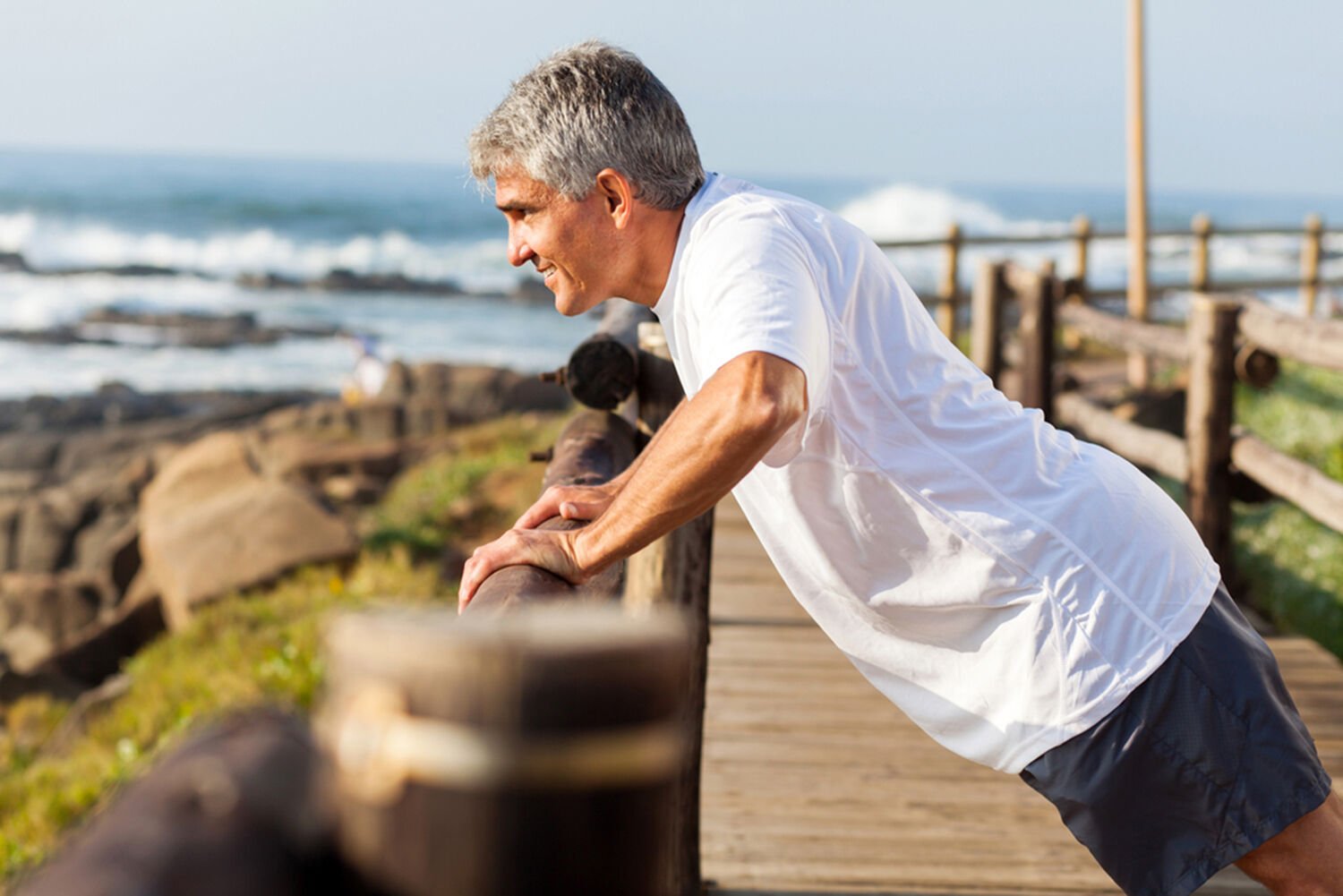
Warm-up and stretching exercises
Before diving into a beach volleyball game, warming up is crucial. It prepares your body for the physical activity ahead, reducing the risk of injuries. Start with a brisk walk or a light jog on the sand to get your blood pumping. Follow this with dynamic stretching exercises targeting the major muscle groups you’ll use during the game. These include the shoulders, arms, legs, and back. Dynamic stretches improve your flexibility and range of motion, essential for reaching those challenging shots. Incorporate movements such as arm circles, leg swings, and torso twists. A solid warm-up session not only primes you for performance but also protects against strains and sprains.
Importance of proper footwear
While it might seem appealing to play beach volleyball barefoot, elders should consider the long-term impact on their feet. The right footwear provides support and cushioning, guarding against injuries. Look for sand-specific volleyball shoes with a good grip to prevent slips and falls. These shoes are designed to offer stability and support, crucial for the uneven surfaces of a beach. They also protect your feet from sharp objects hidden in the sand. Investing in quality footwear ensures you can enjoy the game without worrying about foot injuries.
Playing within physical limits
Understanding and respecting your physical limits is crucial for preventing injuries. Beach volleyball is demanding, requiring quick movements, jumps, and dives. It’s important to listen to your body and know when to dial back. If you feel fatigued or experience pain, it’s wise to take a break. Engage in play that aligns with your fitness level. Start with shorter games and gradually increase the duration as your stamina improves. Additionally, consider playing doubles rather than singles to reduce the physical strain. Remember, the goal is to enjoy the game without overexerting yourself. Playing within your limits ensures a safe and enjoyable beach volleyball experience post-retirement.
Proper hydration and sun protection
Elders who engage in outdoor sports such as beach volleyball must prioritise water and sun protection. Dehydration can cause serious health problems, particularly in hot areas. Encourage drinking water before, during, and after the game. Wearing high-SPF sunscreen, hats, and sunglasses can also help protect against damaging UV radiation, lowering the risk of skin cancer and heat stroke.
Benefits of playing beach volleyball
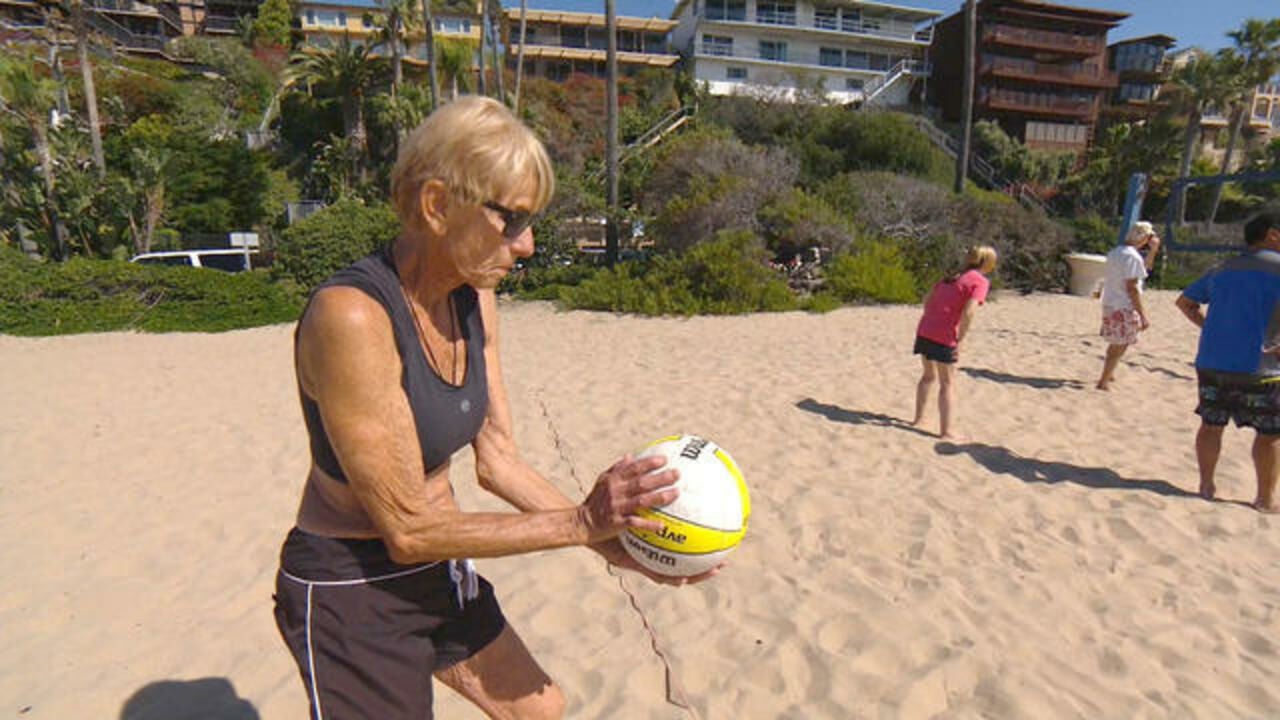
Physical health benefits
Beach volleyball offers you an exceptional way to remain physically active after retirement. The soft sand provides a low-impact surface, reducing strain on your joints compared to other forms of exercise. This aspect makes it an ideal choice for elders looking to maintain their fitness without the risk of injury. Regularly engaging in beach volleyball can improve your cardiovascular health, boost muscle strength, enhance flexibility, and promote better balance. You’ll find that the movements required in the game, such as squatting, lunging, and reaching, contribute significantly to building core strength and agility. Moreover, playing in the outdoor setting allows for Vitamin D absorption, essential for bone health and immune system function.
Mental health benefits
Beyond the physical, beach volleyball offers profound mental health benefits for elders in retirement. The social nature of the game fosters a sense of community and belonging, combating the feelings of isolation that can sometimes accompany retirement. Participating in regular matches encourages the development of new friendships and reinforces existing ones, providing a support network essential for emotional well-being. The game requires concentration, strategy, and quick thinking, which are fantastic for keeping your mind sharp. These cognitive demands help in preserving mental acuity and can play a role in delaying the onset of age-related cognitive decline. Additionally, the joy and satisfaction derived from playing contribute to reduced stress levels and a more positive outlook on life. Engaging in beach volleyball after retirement offers a holistic approach to health, benefiting your mind just as much as your body.
By adopting these practices, you’ll not only safeguard your health but also enhance your beach volleyball experience. So, lace up those sand-specific shoes, stretch dynamically, and hit the beach ready for some fun, competitive play. It’s your time to shine in the sun, making every serve, spike, and volley count.
Considering the above-shared details, you can also discover Thailand’s top fitness parks for elders, Fitness parks, scattered throughout the country, provide an ideal setting for you to keep fit, enjoy the outdoors, and socialise with peers. They’re not just parks; they’re community hubs where health and happiness go hand in hand.
Latest Thailand News
Follow The Thaiger on Google News:

